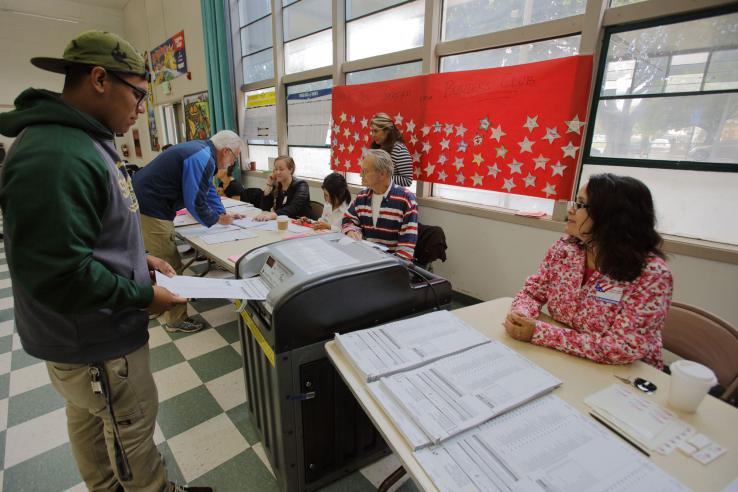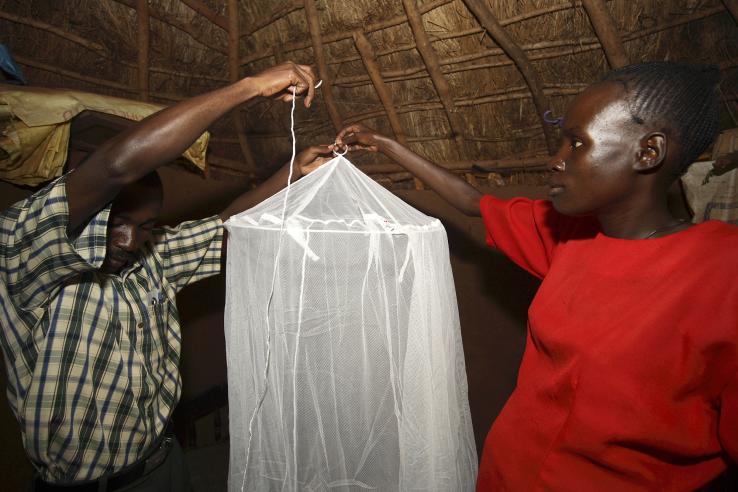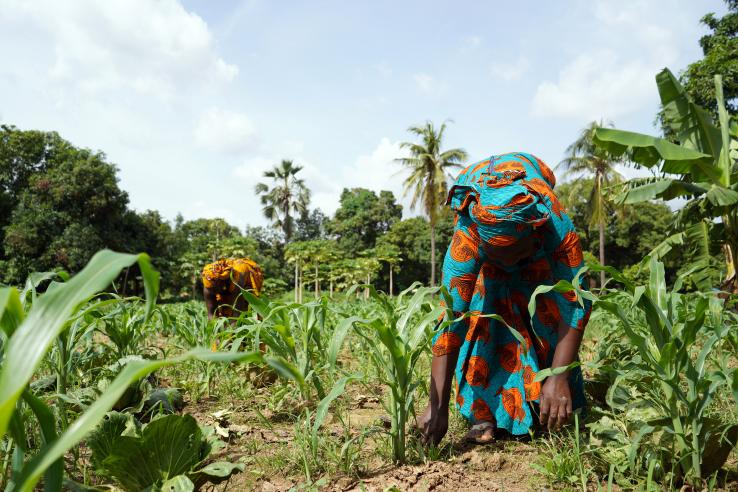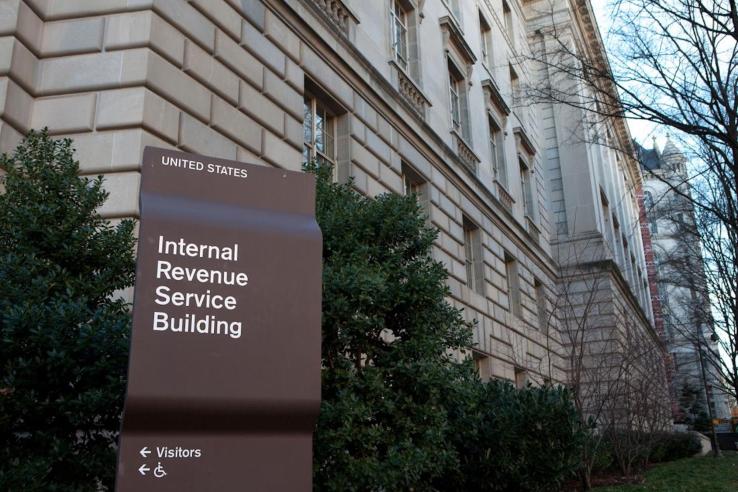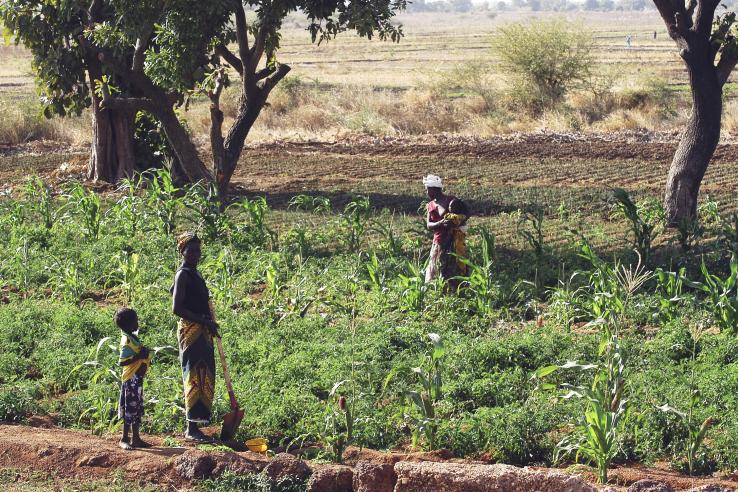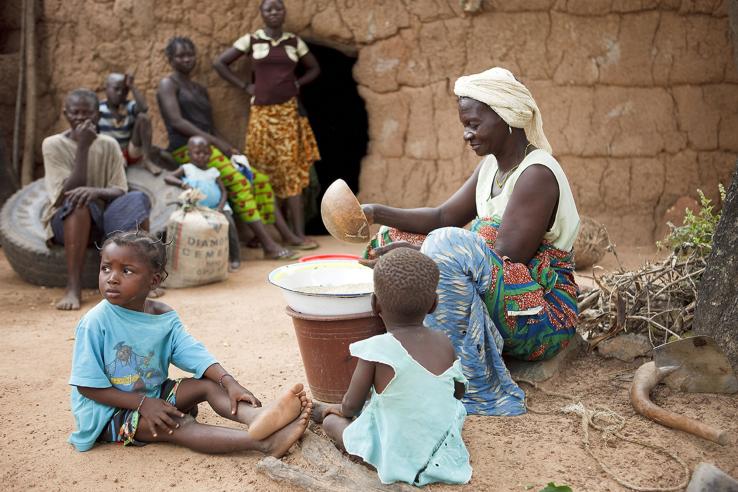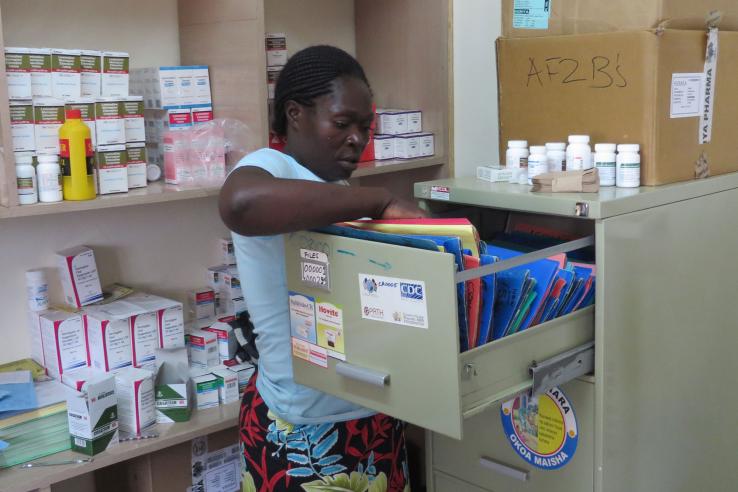Displaying 991 - 1005 of 1291
Evaluation
Can media campaigns increase voter turnout among those underrepresented in the electorate? Researchers randomly assigned areas covered by Native American radio programming to either receive or not receive targeted radio messaging encouraging listeners to vote in the 2008 and 2010 US elections. The results suggest positive, but statistically insignificant impacts of the radio messaging on voter turnout among Native Americans. Researchers identified radio targeting as a potentially cost-effective way to encourage ethnic minorities to vote.
Evaluation
Researchers conducted a randomized evaluation of a bundled microcredit and health education program, delivered both to mixed-gender and female-only loan groups in Benin, to evaluate its impacts on health knowledge, health behaviors, and social outcomes. The integrated package of group microcredit and health education led to gains in women’s knowledge of both malaria and HIV/AIDS, but those gains did not translate into improvements in health behaviors.
Evaluation
In KwaZulu-Natal, researchers are measuring the impact of the Six Bricks program, which promotes structured play using manipulative bricks combined with a set of carefully designed pedagogical activities, on preschoolers' executive function skills.
Evaluation
Researchers examined the impact of a voluntary summer reading program among low-income Latinx children from language minority homes. Results demonstrated that, although children reported reading more books, their reading test scores and the frequency with which they read with parents did not improve.
Evaluation
Researchers are adapting and scaling this seasonal credit product in partnership with a private sector company to evaluate the impact on household wellbeing, consumption patterns, wages, and company profitability in Zambia’s Lusaka, Central, Southern, and Eastern provinces.
Evaluation
Present-biased preferences, or the tendency to value immediate rewards over greater benefits in the future, may contribute to persistent poverty, preventing low-income households from accumulating savings, making investments, and rationing their resources over time. However, there is little rigorous evidence to confirm that present-biased preferences and related self-control problems lead to poor savings decisions. Researchers designed and tested a savings product that offered monetary rewards to low-income tax payers in the United States if they saved or committed to save their annual tax refund for a period of eight months. Results confirmed that the low-income filers had present-biased preferences and that the incentives increased the numbers of individuals who chose to save their taxes.
Evaluation
Researchers partnered with the Chilean Ministry of Social Development to evaluate a micro-entrepreneur training and cash transfer program in Chile. They examined the effects of business training and cash transfers on individual employment and income. The program increased total employment, income, and positive business practices.
Evaluation
Researchers are evaluating the effect of farmer training program that highlights a balanced approach combining chemical fertilizers with labor-intensive agricultural practices on cowpea farmers' yields in Burkina Faso.
Evaluation
Early in the 2006 campaign for governor of Texas, the launch date and volume of television advertisements as well as the launch date of radio advertisements for the incumbent candidate were randomly assigned across media markets to evaluate the impact of the ads on public opinion. Results indicate that the televised ads had strong but short-lived effects on voting preferences.
Evaluation
Researchers expanded microcredit offerings in Bosnia and Herzegovina to evaluate the effect of improved credit access on economic and social outcomes. They found that providing loans to slightly under-qualified microcredit applicants increased small business ownership, but not income, and decreased school participation among high school-aged youth who worked more in family businesses.
Evaluation
In partnership with country governments and the World Bank, the research team has been evaluating how different productive packages impact the wellbeing and economic stability of safety net beneficiaries in Burkina Faso, Mauritania, Niger, and Senegal. In Niger, a multi-faceted economic inclusion program delivered to women beneficiaries of a national cash transfer program improved women’s consumption and food security, increased their off-farm business activities, and improved their psychosocial well-being.
Evaluation
Researchers studied hiring discrimination among major employers in the United States by sending fictional resumes, with varying demographic information, to determine whether certain characteristics would lead to different follow-up contact rates. Employers were less likely to contact resumes with distinctively Black names than resumes with distinctively white names.
Evaluation
Researchers worked with an airline to test the impact of different types of information and incentives on pilots’ productivity, as measured by pilots’ implementation of fuel-saving practices. Provision of personalized targets for achieving these fuel-saving practices led pilots to implement them more frequently without increasing flight delays.
Evaluation
Sub-Saharan Africa accounts for 24 percent of the global burden of disease. While private clinics are the first source of care for many Africans, the quality of care offered in private facilities is inconsistent and often weak, and the private healthcare sector faces a wide host of challenges. In this study, researchers will evaluate the impact of a multi-pronged private healthcare initiative on healthcare utilization, quality of care, clinic financial outcomes, and child health outcomes in Kenya.
